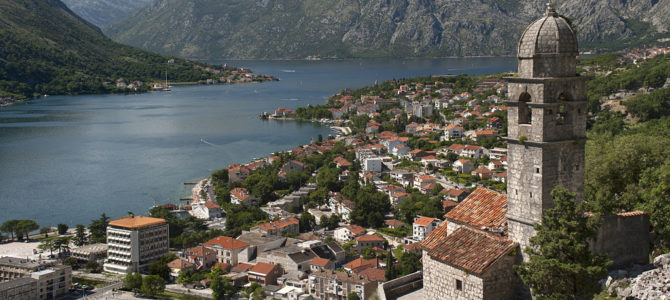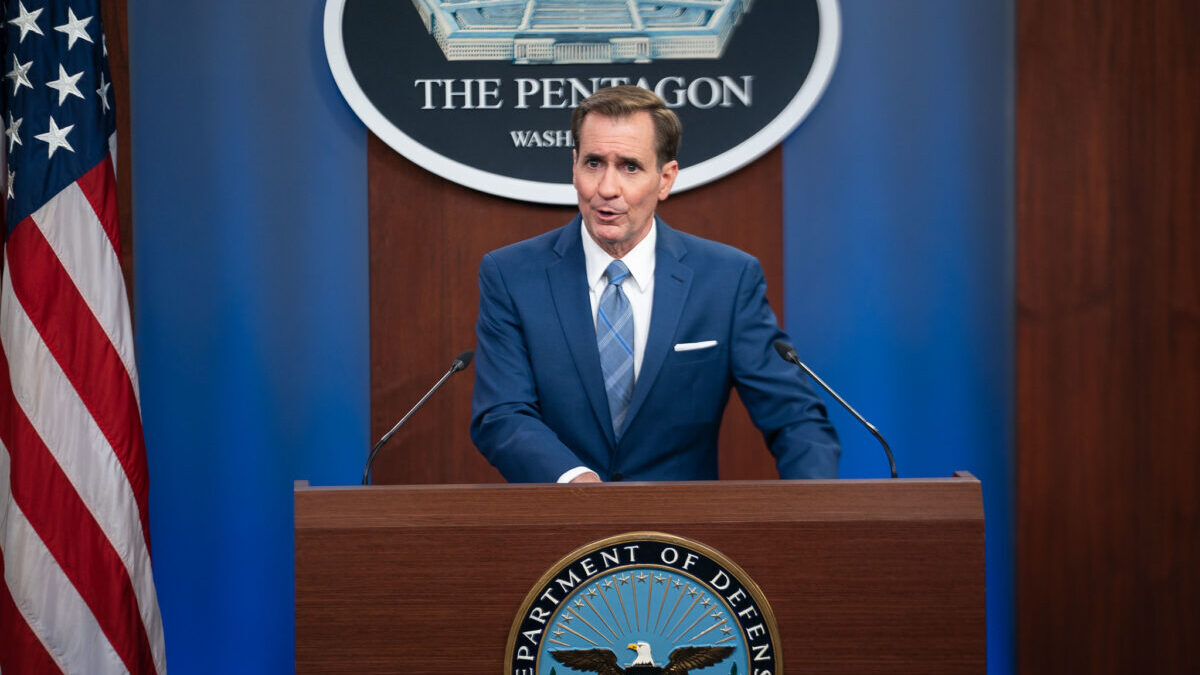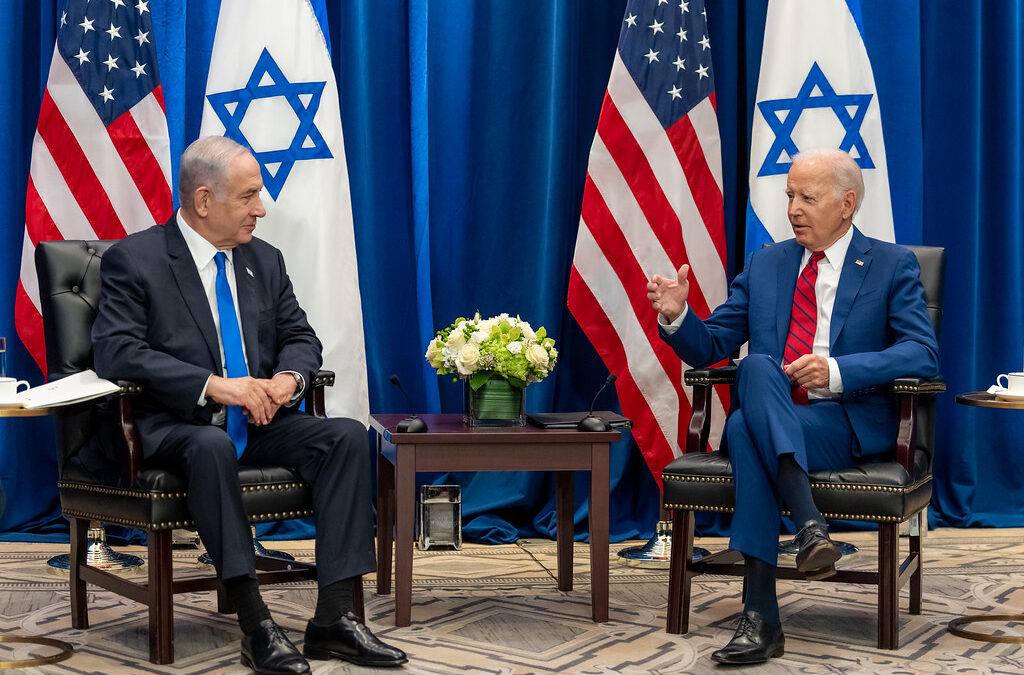
“Why should my son go to Montenegro to defend it from attack?” asked Fox News host Tucker Carlson Tuesday night. President Trump’s response, “I understand what you’re saying. I’ve asked the same question,” has provoked a furor. So has his suggestion that the tiny Balkan state could “get aggressive, and congratulations, you’re in World War III.”
Critics suggest it is ridiculous to question the idea that defending Montenegro via the North Atlantic Treaty Organization is necessary to keep America safe. They’re wrong. Tiny states like Montenegro have little relevance to basic U.S. national security. Worse, the lack of debate around military commitments to these states is a symptom of a broader collapse in the national security conversation.
Let’s start with some basics. Montenegro is among the world’s smallest countries. It has about the population of Oklahoma City in a land area around the size of Connecticut. Its economy, at around $4.7 billion, is slightly smaller than the Valdosta, Georgia Metropolitan Statistical Area — America’s 327th-largest.
At 2,000 personnel, Montenegro’s military is tiny, too. They could all watch a minor-league baseball game at John Thurman Field, home of the Class A-Advanced Modesto Nuts, and still leave half the seats for local fans. For every one Montenegrin in the military, there are three Americans in a military band. Montenegro adds little to any alliance it joins.
That’s important for two reasons. First, proponents of defending Montenegro have been eager to point out that it contributes troops to the NATO mission in Afghanistan and to the coalition against ISIS in Iraq. Yet this contribution is hardly decisive in shifting costs away from the United States. In February, for example, the Montenegrins announced they’d be expanding their Afghanistan presence by 50 percent. A 50 percent increase, mind you, on the 18 soldiers Montenegro had there. America can probably scrape together a spare platoon.
Second, Montenegro would add little to any alliance against us. Even bitter, dedicated Montenegrin enmity of America wouldn’t keep us up at night. Any real threat would require Montenegro to pair up with someone much stronger — say, Russia — and to serve as a base for their forces. Yet this, too, would have a limited impact on U.S. security.
Let’s imagine a worst-case scenario. Nuclear-tipped short-range ballistic missiles placed in Montenegro could make regional missile defense tougher and contribute to instability, but would not give Russia an unanswerable threat with which to control the area. Such missiles are right on Poland’s border, and the Poles have yet to fold. (It’s also unclear that the Russians would want to deploy such missiles to Montenegro. They didn’t deploy them near Poland for years.)
Advanced Russian air defenses and anti-ship missiles could complicate NATO operations in the area in the event of a general NATO-Russia war, but Montenegro would still be a diversion from the main fight. Russia would also be unable to resupply Montenegro in a war. It would have to go through the many NATO members between Montenegro and the rest of the world to get there. A Montenegro undefended by American troops is not a gateway to Russian dominance.
Montenegro’s deployments to America’s wars, while noteworthy, do not create an unlimited American moral obligation to defend Montenegro. Montenegro’s desire to join NATO was surely a factor in the early deployments, for one. As George Washington counseled in 1796, “it is folly in one nation to look for disinterested favors from another.”
But Montenegro, because of its small size, cannot sacrifice as much for America as America can sacrifice for Montenegro. Montenegro commits a great number of troops per capita, but wars are not fought on a per capita basis. If the “World War III” Trump warns about were to somehow break out, America would pay far higher costs in the opening minutes than Montenegro paid in its entire time in Afghanistan and Iraq. Whether this World War III is likely misses the point: our commitment to Montenegro under NATO is the same, regardless of the war’s size.
Proponents of defending Montenegro argue that America will never have to actually defend Montenegro due to the currently limited risks of conflict in the region. This misses two issues. First, America’s commitment to Montenegro is permanent, meaning we are tied to them for all future scenarios, even if the international system changes dramatically in the more distant future.
Second, they may understate the chances of war. Years of relative peace in the Balkans have masked ongoing tensions within many states’ politics — especially, for example, in Montenegro’s neighbor Bosnia. Montenegro, too, has weaknesses: in the months before Montenegro was set to join NATO, Russia allegedly launched an aggressive covert plot to overthrow Montenegro’s government, kill its prime minister, and install a pro-Russian faction that would back away from the alliance.
This plot is instructive. It would have been an act of war for which Montenegro could have rightly demanded NATO action. It suggests that Russia just might care more about Balkan affairs than America does. And the fact that few Americans are aware of this plot against Montenegro — or, before the Trump remarks, of Montenegro’s existence — highlight the limited security interests America has there.
Others argue that defending Montenegro is integral to the entire European order, and that questioning the necessity of defending Montenegro is equivalent to questioning the merits of any U.S. security relationship with Europe. It isn’t. Minor states only shape regional order to the extent that they affect major states. Focusing on major states is hardly pulling up the drawbridge.
Proponents further argue that major conflicts in Europe inevitably drag America in. Making this argument usually involves pointing to the European wars America joined (1812, 1914, and 1939) while overlooking the ones we didn’t (1792, 1803, 1806, 1809, 1815, 1828, 1848, 1853, 1864, 1866, 1870, 1877, etc.).
Of course, many in Washington would disagree with my argument and maintain that America cannot be secure unless it defends Montenegro. Maybe they’re right. Democracies can weigh the merits of competing arguments like these in open, robust debate.
But the national security debate in Washington has seriously atrophied since the end of the Cold War, so points like the above are not even raised. Adding a new member to NATO — meaning adding a new, permanent U.S. commitment to defend another country in war — is now a rubberstamp procedure. The Senate vote to defend Montenegro forever was 97-2; one of the senators who objected was accused by a colleague of “working for Vladimir Putin.”
It will likely be a similar story when Macedonia joins next, even though Macedonia also can’t do much to defend America. The American public is ill-served by a foreign policy conversation that gives hardly a second thought to such serious, lasting commitments. Trump wasn’t wrong to question Montenegro’s merits.









